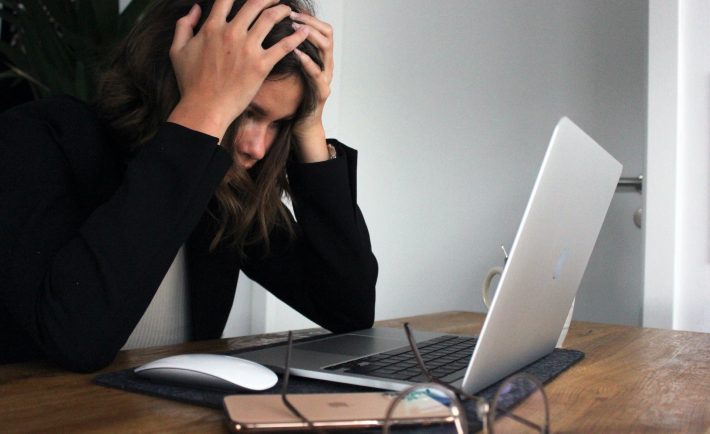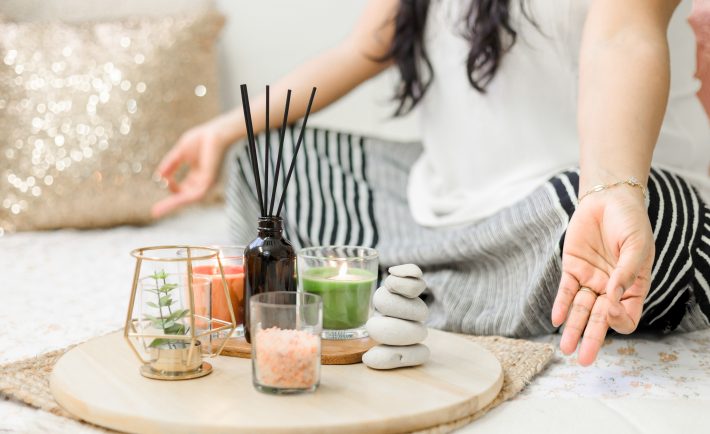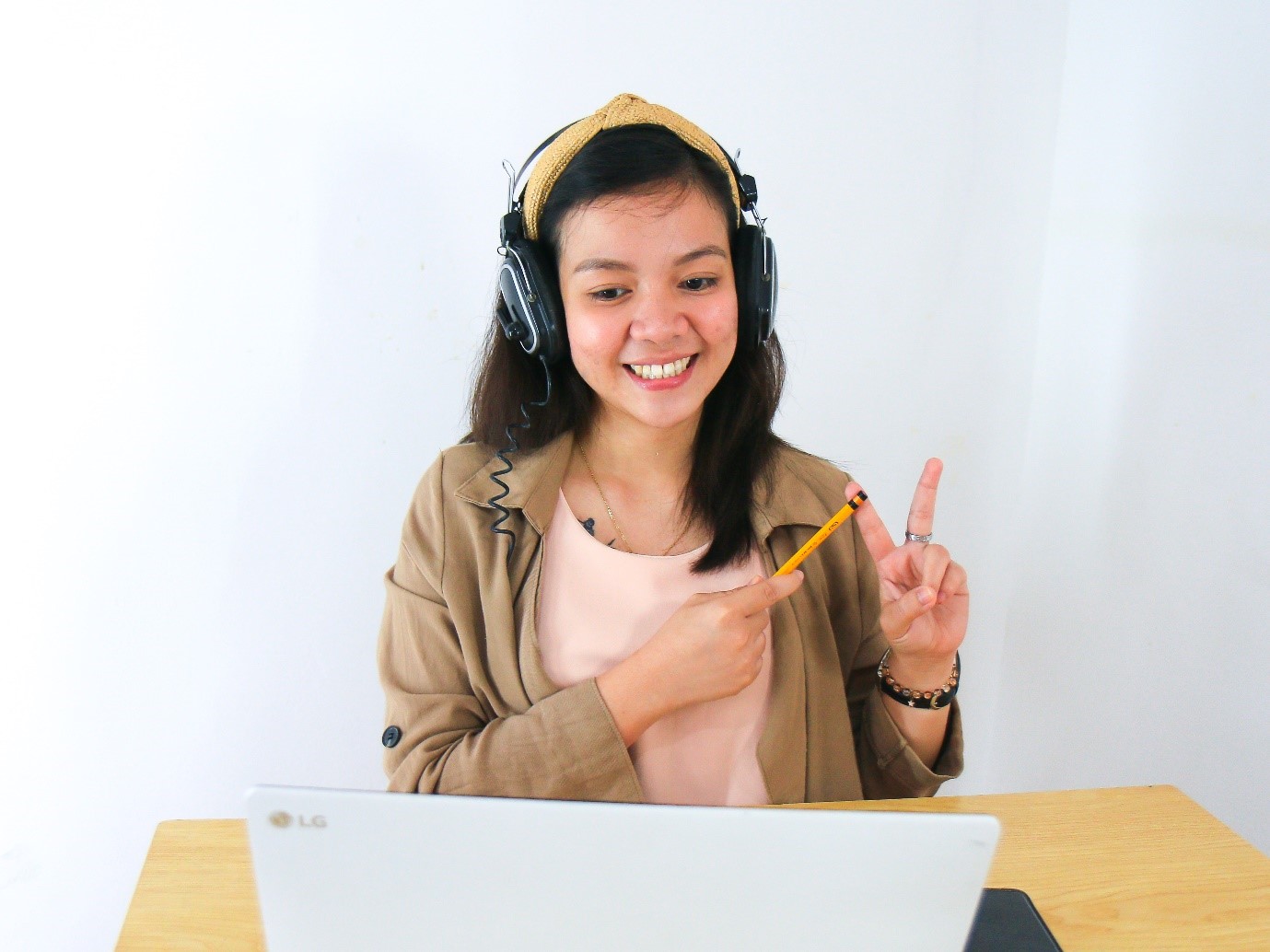Discussing finances in a relationship may not seem romantic, but it’s crucial for long-term success. Money often becomes a source of stress and addressing it early can prevent conflicts that extend beyond your wallet. On that note, here are some tips that you can follow when dating.
WHAT IS FINANCIAL COMPATIBILITY?
Financial compatibility involves aligning spending and saving habits with your partner. It’s about understanding each other’s beliefs about money and supporting individual and joint financial goals. This alignment determines whether money becomes a source of harmony or conflict in the relationship.
Furthermore, research shows that a significant percentage of couples break up due to financial disagreements. Being on the same page as your partner regarding money can help you avoid major conflicts and achieve financial goals faster.
SIGNS TO LOOK FOR
Identifying signs of financial compatibility early on is crucial. Here are five indicators to look for:
#1: OPEN COMMUNICATION
Being able to discuss financial matters honestly and openly is essential. Avoiding or evading conversations about money can lead to misunderstandings and conflicts in the future.
#2: TRANSPARENCY IN PURCHASES
Is your partner using girl math when she purchases and often leaves some information to herself? Hiding purchases can lead to distrust and strain the relationship. On the flipside, feeling comfortable showing each other purchases indicates trust and financial alignment.
#3: MUTUAL TRUST IN SPENDING HABITS
Observe your partner’s spending habits in the early stages of dating. Aligned spending priorities and trust in each other’s financial responsibility contribute to a harmonious relationship. Shared attitudes toward saving help achieve joint financial goals.
#4: COMPARABLE INCOME & CREDIT SCORES
Similar earning levels and credit scores reduce resentment and imbalance in financial contributions. This alignment fosters stability and reduces conflicts over money.
#5: JOINT EFFORT IN DEBT MANAGEMENT
Actively working together to pay off debts demonstrates financial responsibility and shared goals for stability.

Image Credits: unsplash.com
If you’re still uncertain about your financial compatibility, consider the following five questions to gain insight:
Are you inclined towards spending or saving? Understanding each other’s financial habits is essential.
Do you employ any budgeting or saving tools? Discussing your methods can reveal compatibility or areas for adjustment.
How do you approach debt? Addressing existing debts and future plans for repayment is vital.
Do you consistently pay off your credit card balance monthly? Aligning on responsible credit card usage can prevent future conflicts.
What is your annual income? Being transparent about earnings facilitates a clearer picture of your combined financial landscape.
These questions serve as a foundation for understanding each other’s financial philosophies and fostering open communication. Initiating these discussions at the right time allows for trust to develop and sets the stage for a financially secure future together. Expanding upon the importance of each point can provide a deeper understanding of financial compatibility and its role in relationship success.
IN A NUTSHELL

Image Credits: unsplash.com
Open communication about finances sets the tone for honesty and transparency, building a strong foundation for trust. Transparency in purchases fosters an environment of mutual respect and understanding, essential for a healthy relationship. Mutual trust in spending habits ensures that financial decisions are made collaboratively, promoting unity and shared goals. Comparable income and credit scores contribute to a sense of fairness and equality, reducing potential sources of conflict. Joint effort in debt management demonstrates commitment and responsibility, strengthening the bond between partners. By addressing these aspects of financial compatibility, couples can navigate financial challenges with confidence and work towards a prosperous future together.














